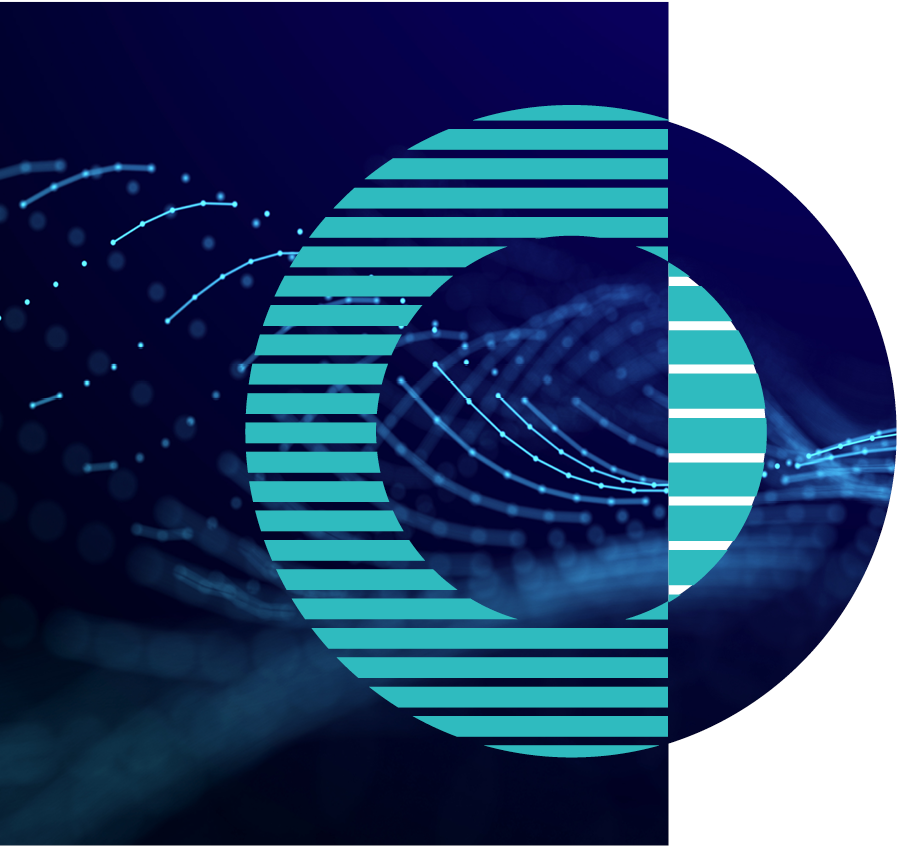
EMBRC’s Data &
e-Infrastructures Working Group
EMBRC’s Data and e-Infrastructures Working Group (WGel) is one of several Working Groups set up by EMBRC to mobilise Operators’ expertise to support the Secretariat in the Headquarters. This ensures the efficiency and productivity of information technology infrastructures to improve digital processes to allow faster and more robust scientific discoveries, and position Europe as a global leader in biodiversity and sustainability science.
The purpose of the Data & e-Infrastructures Working Group

Marine research generates huge amounts of data, and the results of the analyses have the potential to contribute significantly to our understanding and management of ecosystems. However, these datasets must be interoperable, reusable, and follow international standards of FAIR, Open Science to ensure they can be used by anyone and continue to add value long after the project that created them has finished.
Through WGel, EMBRC brings together its data experts to discuss how to maximise data for a better understanding of marine biodiversity, drive the development of standards, services, and training, and enhance collaboration and effectiveness within EMBRC. …
Marine research generates huge amounts of data, and the results of the analyses have the potential to contribute significantly to our understanding and management of ecosystems. However, these datasets must be interoperable, reusable, and follow international standards of FAIR, Open Science to ensure they can be used by anyone and continue to add value long after the project that created them has finished.
Through WGel, EMBRC brings together its data experts to discuss how to maximise data for a better understanding of marine biodiversity, drive the development of standards, services, and training, and enhance collaboration and effectiveness within EMBRC. The group meets regularly to discuss specific issues, provide expert advice, and guide strategically important technical aspects of EMBRC’s work. This includes finding ways to fill data gaps, improve technologies, and ensure “blue” data is accessible across the scientific community and managed in a way that ensures research excellence.
Focus of the Working Group
The EMBRC’s Data and e-Infrastructures Working Group is focused on ensuring the EMBRC infrastructure generates accurate, high-quality marine data that is relevant for and easily available to the scientific community, policymakers and industry stakeholders.
This involves ensuring EMBRC’s work is successfully filling key gaps in marine biological science – for example, through EMBRC’s genomics observatory EMO BON – improving ocean observation technologies, and providing software and bioinformatics support for the scientists and technicians involved in generating and managing data.
The Working Group also discusses ways to improve the services, resources, and expertise EMBRC and its partners offer to process, curate, and store large datasets of sequences, metadata, historical time series and literature resources. This includes the work we do through projects such as EMO BON, and covers our tools, like metaGOflow for metagenomics data, that create automated workflows to speed up analyses – the development of these analytic tools plays an important role in overcoming the significant bottleneck on environmental genomics. It also involves setting clear processes to ensure datasets are user-friendly, well-organised, well-managed, and shared in a way that is easily accessible, such as via open access servers or the cloud.
Within the Working Group, we’re finding ways to collaborate on common problems, develop new technologies, and implement standards and best practices across EMBRC. We’re helping to harmonise data creation and streamline analysis procedures and standards so different digital data ecosystems can interact with one another reliably and seamlessly. This includes finding ways to make it easier for scientists, bioinformaticians and IT specialists to collaborate; for example, through the Blue-Cloud project. Enhancing interoperability and standardisation between e-Infrastructures also improves the ability to deal with large volumes of different types of data generated by various ocean science projects.
Throughout all our work, we consider how the data we generate, manage, store, and reuse follow FAIR data principles; for example, through the EU-funded projects such as EOSC-Life, EOSC Future, FAIR-EASE, MARCO-BOLO, eDNAquaPlan, and DTO-BioFlow.


